
Top story
High street retail sales in February were the weakest for a decade, as Valentine’s Day failed to provide an uplift, new figures reveal.
In-store sales were down 3.7% on February last year, according to accountancy firm BDO’s high street sales tracker, representing the worst period since 2009.
Sales were down 1.6% in February last year and have fallen for 13 consecutive months, amid continued pressure on the high street on online retailers.
Valentine’s Day, half-term holidays and the spell of warm weather at the end of the month failed to improve the fortunes of bricks-and-mortar retailers, BDO said.
Each week across February saw a decline in sales, with the Valentine’s Day weekend resulting in the most significant slump of the month, as like-for-like sales dropped 6.5% on 2018.
Lifestyle retailers suffered the worst monthly sales result since November 2008, according to the data, as in-store category sales slumped 4.9%.
Away from the High Street, online sales also had a tough month, as sales growth slowed to 12.4% from 15.8% growth in the equivalent month last year.
“Consumer confidence is teetering on the precipice and shoppers are resisting unnecessary spend,” commented Sophie Michael, head of wholesale and retail at BDO.
“It has been a tough start to the year for the sector and retailers are continuing to fill headlines with poor performances.
“Brexit uncertainty is proving to have a disproportionate impact on discretionary spending and there’s an increasing sense of nervousness among retailers.
“As the March quarter rent date draws near, and hard on the heels of the poor Christmas trading already reported, it will not be a surprise if we hear of more retail names announcing further structural changes as the sector realigns to this new retail world.”
Morning update
It’s been a fairly quiet morning for the grocery sector, but Sports Direct owner Mike Ashley has continued to make his presence felt on the wider retail sector.
Late yesterday, the retail magnate called on Debenhams, in which Sports Direct holds a 30% stake, to oust the entirety of its Board to make him the sole executive alongside recently appointed finance director Rachel Osborne.
”The board has been engaging with Sports Direct and our other stakeholders regarding options to restructure our balance sheet and is disappointed that Sports Direct has taken this action,” the retailer responded this morning.
”In the meantime, discussions to address our future funding requirements are well advanced.”
The FTSE 100 continued yesterday’s decline, dropping 0.7% this morning 7,107p after disappointing trade data from China.
The early risers this morning include McColls (MCLS), up 4% to 83p, Devro (DVO), up 1.3% to 184p, and Greegs (GRG), down 1.2% to 1,821p.
The fallers include PayPoint (PAY), down 2.4% to 855p, Fevertreee drinks (FEVR), down 1.5% to 2,633p and Stock spirit Group (STCK), down 1.5% to 233p.
Yesterday in the city
The FTSE 100 dropped 0.5% to 7,157pts after yesterday’s Chinese trade data disappointed analysts.
Despite posting 7.2% sales growth for the year, taking it past £1bn in annual revenues for the first time, high street bakers Greggs (GRG) slipped slightly, down 0.6% to 1,800p.
Yesterday also saw Finnish food group and Benecol owner Raisio sign a strategic alliance with the Italian company Dr. Schär.
The day’s top performer was McColl’s (MCLS) which continued its rise over the past week after receiving an upgrade to Buy from Peel Hunt. It moved up 6.6% to 80p.
Other risers yesterday included Young & Co (YNGA), up 2.8% to 1,650p, Unilever (ULVR), up 1.8% to 4,121p, and Diageo (DGE), up 1.8% to 3,047p.
The fallers included Smurfit Kappa Group (SKG), down 4.8% to 2,160p, Marks & Spencer (MKS), down 3.2% to 270.4p, and Bakkavor (BAKK), down 2.3% to 134.6p.







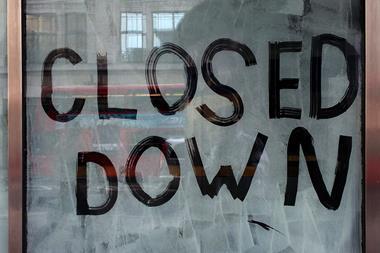

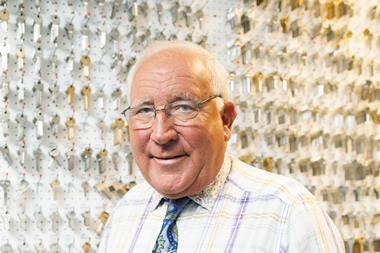
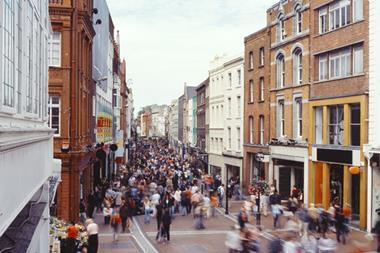
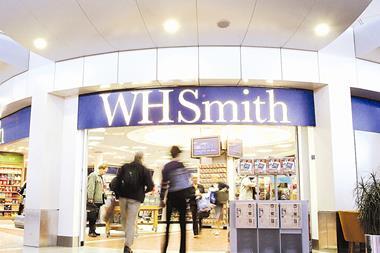
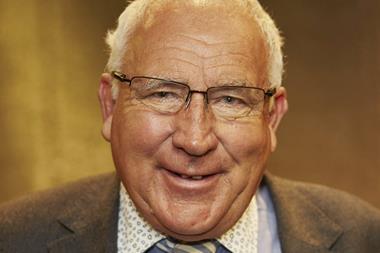






No comments yet